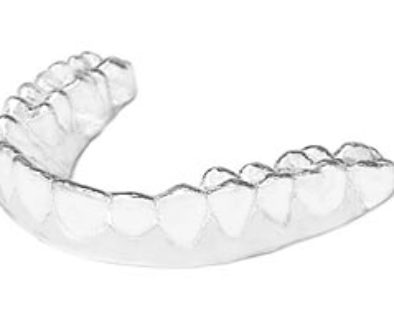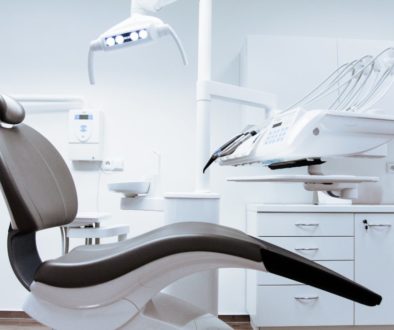Why Do Dental Crowns Come Off?
 So you had a bunch of dental work done 15 years ago and everything has been going great. Then one day you’re eating a nice soft slice of bread and “pop”, you feel something loose in your mouth and when you take a closer look it is your dental crown that has come off. First of all, get into your dentist ASAP to get it evaluated. Things can shift around if the crown is off too long. If you can’t get in right away, check out our guide on temporarily recementing a crown that has come off.
So you had a bunch of dental work done 15 years ago and everything has been going great. Then one day you’re eating a nice soft slice of bread and “pop”, you feel something loose in your mouth and when you take a closer look it is your dental crown that has come off. First of all, get into your dentist ASAP to get it evaluated. Things can shift around if the crown is off too long. If you can’t get in right away, check out our guide on temporarily recementing a crown that has come off.
Now, let’s take at the many different reasons why a dental crown might come off.
- The cement holding it in place has dissolved out from under the crown. – There are very few materials that are able to withstand the harsh environment of the mouth. Over time, certain types of cement can be dissolved and when has dissolved, the crown will loosen up and come off.
- The cement didn’t bond very well to the tooth or the crown. – Certain types of dental cements are tolerant of some amounts of water. Other types of cements require absolute isolation from any saliva in your mouth. If any of the oil from the dental drill or saliva from your mouth gets on the tooth it can make it so that the bond of the cement to the tooth doesn’t set up correctly. Over time this will cause the crown to loosen and eventually come off.
- There is decay underneath the crown – This is the most common reason crowns come off. Cavities can start to develop at the interface between your tooth and the crown. This decay eventually spreads underneath the crown until a large portion of the tooth underneath is soft. As you can imagine, a crown can’t hold on terribly well to a tooth with a soft or broken down surface so it comes off. In these situations you need a new crown, or if it really bad a root canal or extraction.
- Your bite loosened it up – If you have a very strong bite or especially if you grind your teeth, this constant force in all directions can slowly break the bond of the cement. Once your dentist has recemented it back on, your best option is to wear a nightguard to reduce those forces on your tooth and crown.
- The tooth or filling underneath broke – Sometimes the tooth underneath will break all the way off. Instead of seeing a hollow crown, you’ll see a crown part of your tooth still inside the crown. This tends to happen more so with front or premolar teeth as they are much smaller and can’t handle significant lateral pressure once weakened by decay or a crown. Usually the teeth can’t be saved when this happens.
- The tooth was already short to begin with. The longer and more parallel the tooth surface when it is prepared for a dental crown, the better it will stay on. Dentists try to maximize this as much as possible but certain teeth, especially your last molars in the back, tend to be very short no matter what the dentist does. These teeth tend to have crowns come off at a much higher rate than any other teeth.
When you see your dentist, ask them why they think the crown came off. Oftentimes they’ll have at least a good guess as to why. In some situations there are things you can do (like the things I mentioned above) to keep the crown from coming off again.



